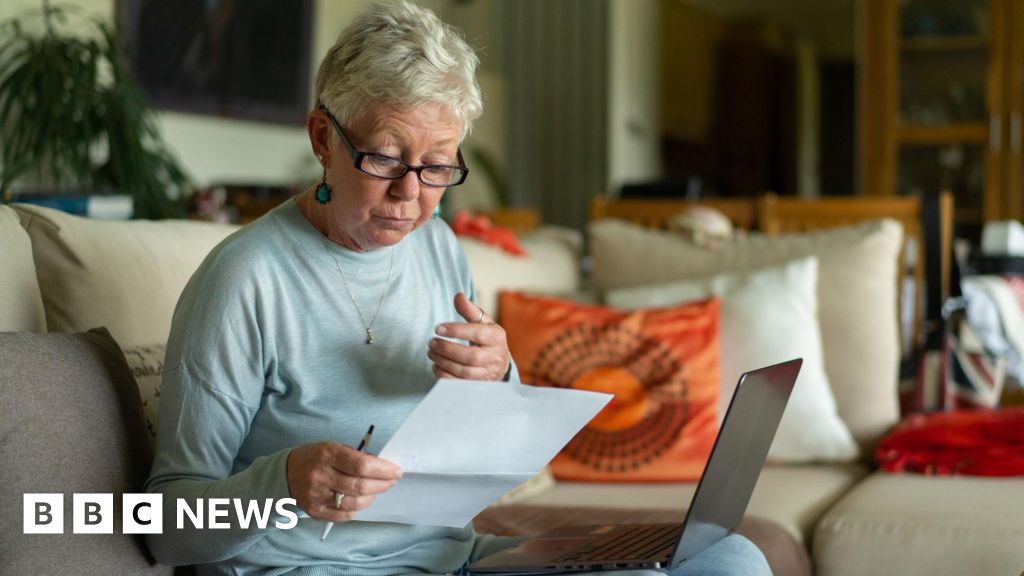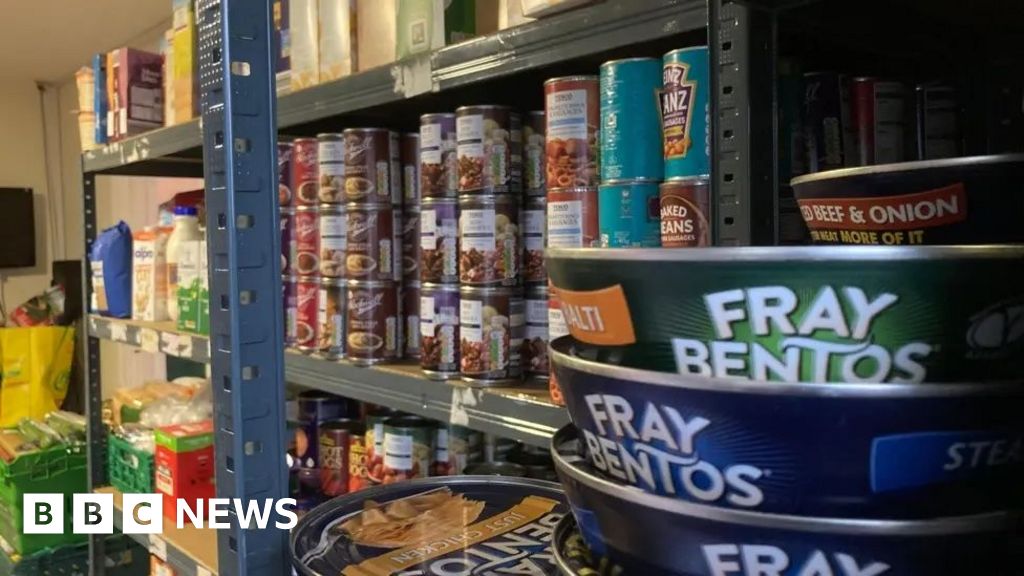ARTICLE AD BOX
 Image source, PA Media
Image source, PA Media
The Bank of England has hinted it is prepared to ramp up interest rates in response to the recent slump in the value of the pound.
Its chief economist said the Bank will have to deliver a "significant monetary policy response" to protect sterling.
Huw Pill said that there had been "significant market consequences" after the chancellor announced a series of tax cuts.
It comes as several banks have pulled mortgage deals for new customers.
Speaking at the International Monetary Policy Fortum on Tuesday, Mr Pill said that the Bank was "certainly not indifferent to the repricing of financial assets that we have seen".
A pledge of further tax cuts by Chancellor Kwasi Kwarteng and worries about higher interest rates knocked investors' confidence and saw the pound touch a record low against the dollar on Monday.
Some economists predicted that the Bank of England might call an emergency meeting as soon as this week to raise rates, to help stem the fall in sterling and keep a lid on the rising cost of living.
The rate increase seen this month was the seventh in a row and took rates to the highest for 14 years. A further rise would increase monthly mortgage costs for millions of homeowners.
Experts now forecast that interest rates could reach 5.5% or even higher by next spring, prompting lenders such as Santander and Virgin Money to pull mortgage deals because of the lack of certainty on how far they might go.
Mr Pill, who sits on the Monetary Policy Committee (MPC), which sets interest rates, said on Tuesday: "I do want to flag clearly at this point that in my view the combination of fiscal announcements that we've seen will act as a stimulus."
"It is hard not to draw the conclusion that this will require a significant monetary policy response."
He added that the Bank takes its responsibilities "very seriously", although did acknowledge that the next scheduled decision on interest rates seemed a while away for many homeowners and savers.
Speaking in a personal capacity, he added that there were "challenging times" ahead for the Bank as it tried to bring inflation, which tracks how the cost of living changes over time, back to its target of 2%.
Huw Pill confirmed that borrowers will pay a hefty price for the government's £45bn mini-budget spree.
Some economists think base rates will peak at more than 6% next year, twice as high as expected just weeks ago.
He played down the idea of an emergency hike - but the Bank may yet find its hand forced if the markets remain unsettled over a lack of clarity over Chancellor Kwasi Kwarteng's plans.
Mr Pill acknowledged that policymakers ability to reassure markets depends on the "essential stability and credibility" of the UK's macroeconomic framework.
Many economists suggest that had the chancellor allowed the Office for Budget Responsibility (OBR) to assess his plans in time for the mini-budget, that may have ensured less market instability - even if that assessment had thrown up questions about the credibility of the plans.
The turmoil of the last few days has notched up substantial costs for those far from trading floors.
The heightened expectation of interest rates is seeing deals for new mortgage borrowers, or re-mortgages, rising sharply - or disappearing.
The government's own costs for borrowing soared by £14bn, the Resolution Foundation think-tank estimates - money that could have been earmarked for public services or to fund tax cuts.
Mr Pill also said that the recent announcement by the Treasury on a further fiscal event in November, alongside new economic forecasts from the OBR was "helpful".
The chancellor's plans will require a large increase in government borrowing and concerns among investors about the UK's ability to pay that debt led to the value of the pound falling and pushed the cost of UK government borrowing to near record levels.
Chancellor Kwasi Kwarteng said, though, that the government is "confident in our long-term strategy to drive economic growth through tax cuts" and "supply side reform " would work.
Mr Kwarteng is set to meet Wall Street bankers on Wednesday, Bloomberg reported, after meeting asset management firms and insurance brokers from the City of London on Tuesday, following market turmoil over his fiscal plans.

 2 years ago
34
2 years ago
34








 English (US) ·
English (US) ·